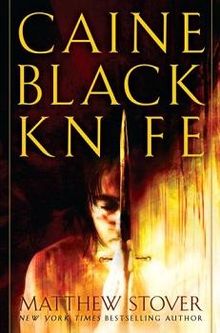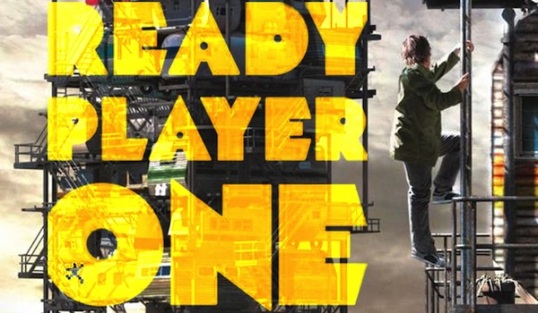Annihilation by Jeff VanderMeer
It’s been a while since a book got under my skin quite like this one. Annihilation is a book that plays with familiar ideas and themes in a unique way, bounding together familiar science fiction tropes with a palpable sense of Lovecraftian cosmic dread. In Annihilation, knowledge is deadly but irresistible, with those who are curious bringing about their own downfall.
Many of the details of the backstory are kept intentionally vague, but we do know that around 30 years before the book begins a bizarre ‘Event’ led to the creation of Area X, a fairly small section of coastal land separated from the rest of the world by a strange border. The exact natures of this land and border are unclear, so the Southern Reach organisation has sent forth 11 expeditions, of which none returned entirely intact. Annihilation is the story of the 12th expedition, as four women, known only by their job titles, set forth into Area X to attempt to unravel its mysteries. Our protagonist is the biologist and she is joined by the surveyor, the anthropologist and the psychologist. It is not long into their journey that they discover something not on their maps; a strange tunnel heading underground, which the biologist can only perceive as a ‘tower.’
Annihilation is told in the first person and is playful with the idea of an unreliable narrator. The biologist can’t quite trust her own senses and is quite upfront about the fact that she is distorting and twisting some of the information for the reader, and that some of what she sees is so indescribably alien it simply cannot be put into words. The atmosphere is pure Lovecraft; a recurring motif is our protagonist, a scientist, at the edge of something dangerous, knowing she should turn back, but utterly ruled by her curiosity and need to know, even if the consequences are hideous. Annihilation is not about eldritch and ancient beings viewing humanity with horrifying indifference, but it channels the same sense of unease.
It is the building of atmosphere which is Annihilation’s greatest triumph, particularly in scenes taking place within the tower. There is a sharpness and precision to VanderMeer’s prose; Annihilation is not a long book and could be called a longish novella rather than a full novel, but no moment is wasted. It is utterly lean and without an ounce of the flab which pervades the genre. I think Area X is meant to sound cliché; it sounds like the title of a cheesy 1950s sci-fi B-movie, but I think this intentionally bland name is to wrong-foot the reader about the kind of book they are reading and the reality of what Area X actually is. Alongside the solid world-building is very strong characterisation. The biologist is insular and driven and I loved spending time in her head.
Annihilation is the kind of book I’m going to be recommending to anyone who will listen, so I will scream into the void (this blog) to tell you to read it. I cannot wait to get to the sequels.








